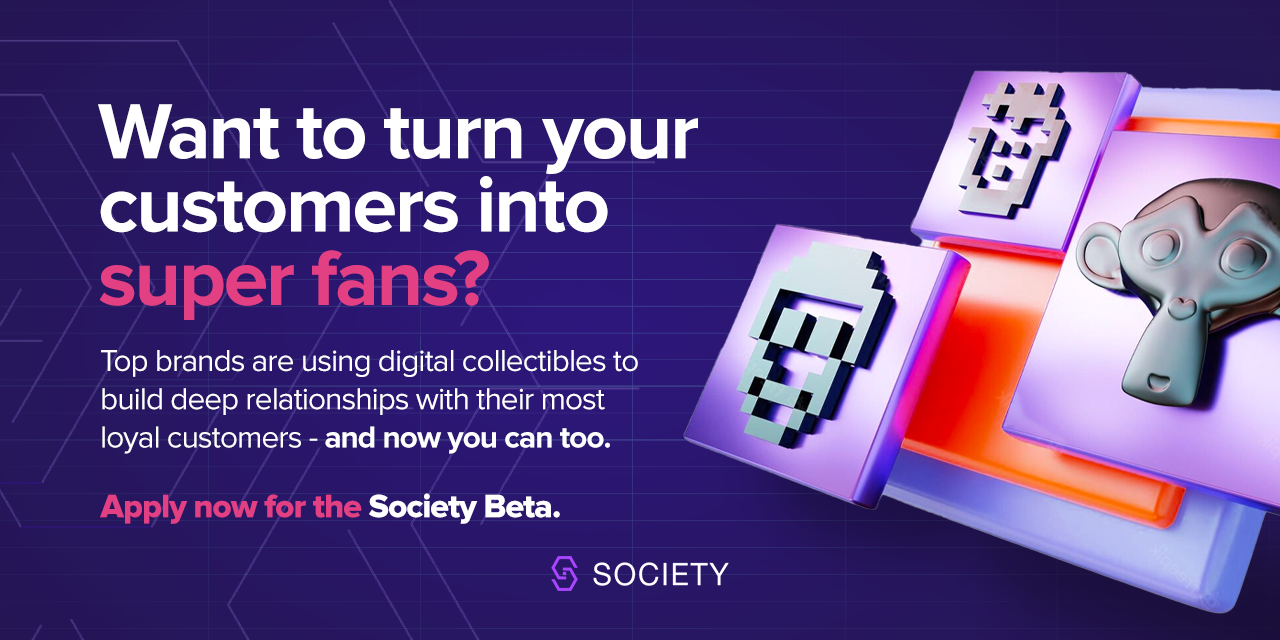The Value of Feedback Loops in Brand Loyalty Programs
Member input and direct feedback are core components of decentralized communities. It’s crucial for brands and enterprises to determine how to effectively incorporate feedback loops into the customer community they are building.
This especially holds true when creating a new brand loyalty program. While decision making and responsibility can’t—and shouldn’t—be as distributed as a decentralized autonomous organization (DAO), there is an opportunity to leverage more input than in a traditional loyalty program.
Get out the vote
Offering customers voting opportunities is an easy way to create feedback loops and collect valuable feedback in a brand loyalty program. Advantages of incorporating community-based voting systems include:
– Voting establishes accountability. The process of voting creates an apparent fairness in any system. Using input from dedicated supporters, a brand can make informed decisions and have meaningful conversations around them. The brands therefore can be held accountable for using the insights they receive directly from their community members. This should reduce the chances of making a “tone-deaf” brand decision.
– It encourages transparency. With web3 communities, voting weight and member reputation can be very intricately designed. Members can earn influence based on custom points systems. Since a member’s reputation is token based and on a public ledger, the points system must be structured to be fair and highly transparent.
– Voting fosters a sense of loyalty. An enterprise can structure a polling system so that a vested member’s vote can have more overall weight than a new member’s vote. A more engaged community member can have more influence. This encourages continual engagement from loyal members to earn their voting rights.
Outcomes and feedback
So, how can organizations use the input and direction received from these polls? Given that community voting is non-binding and off-chain, voting results can have as much or as little impact on decision making as a brand deems appropriate. While there are many forms of democratization being implemented across web3 communities, the purpose of voting in a rewards or loyalty program can be as simple as serving as an online focus group. The important thing is that these feedback loops are maintained and ongoing within the decentralized communities.
How to get started
Creating feedback loops within communities has become much easier thanks to the Society platform. Brands and enterprises are using Society to build robust token-based rewards and loyalty programs that allow community members to have a voice on timely topics. From voting based on loyalty tiers to exclusive polls designed for NFT holders, the features are completely customizable to meet an organization’s specific needs. If you’d like to learn more about all Society can do, please send us a message.



